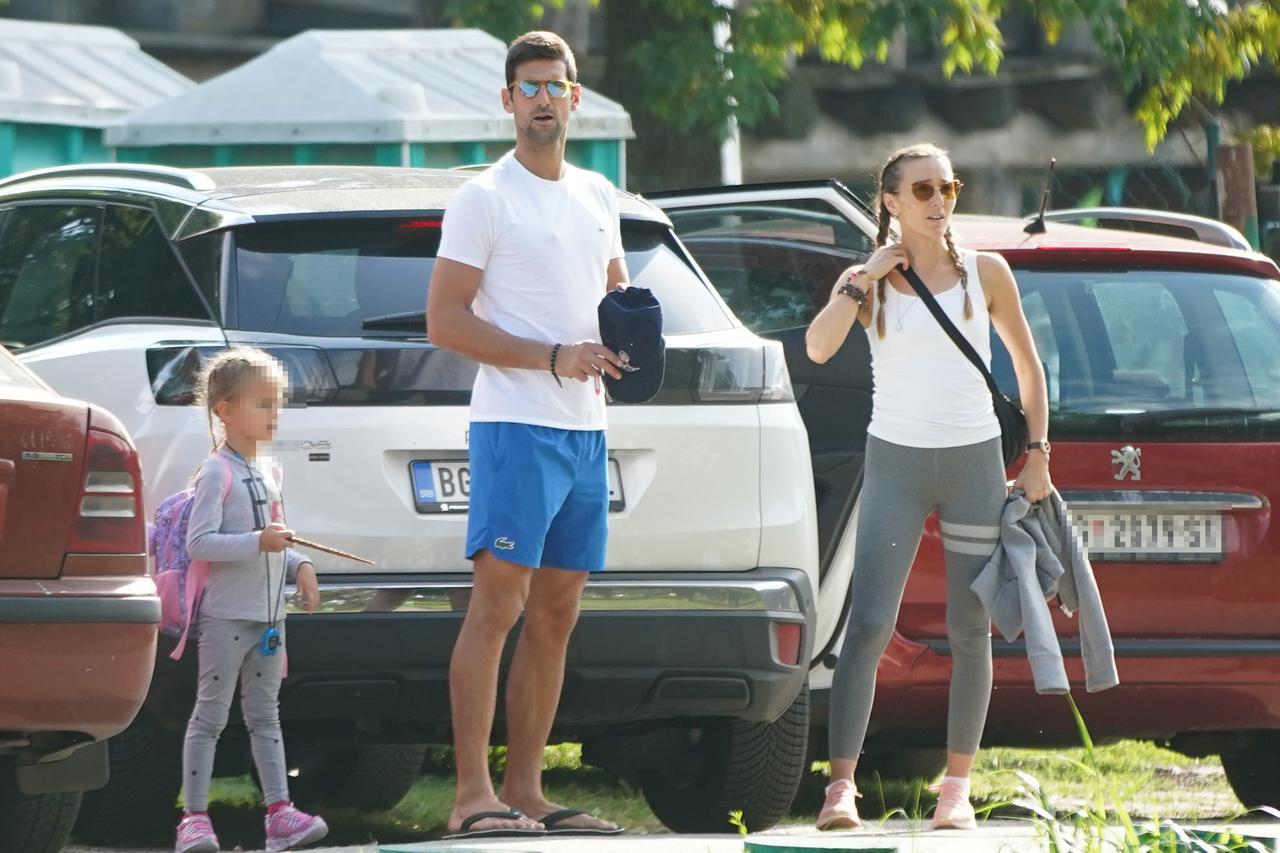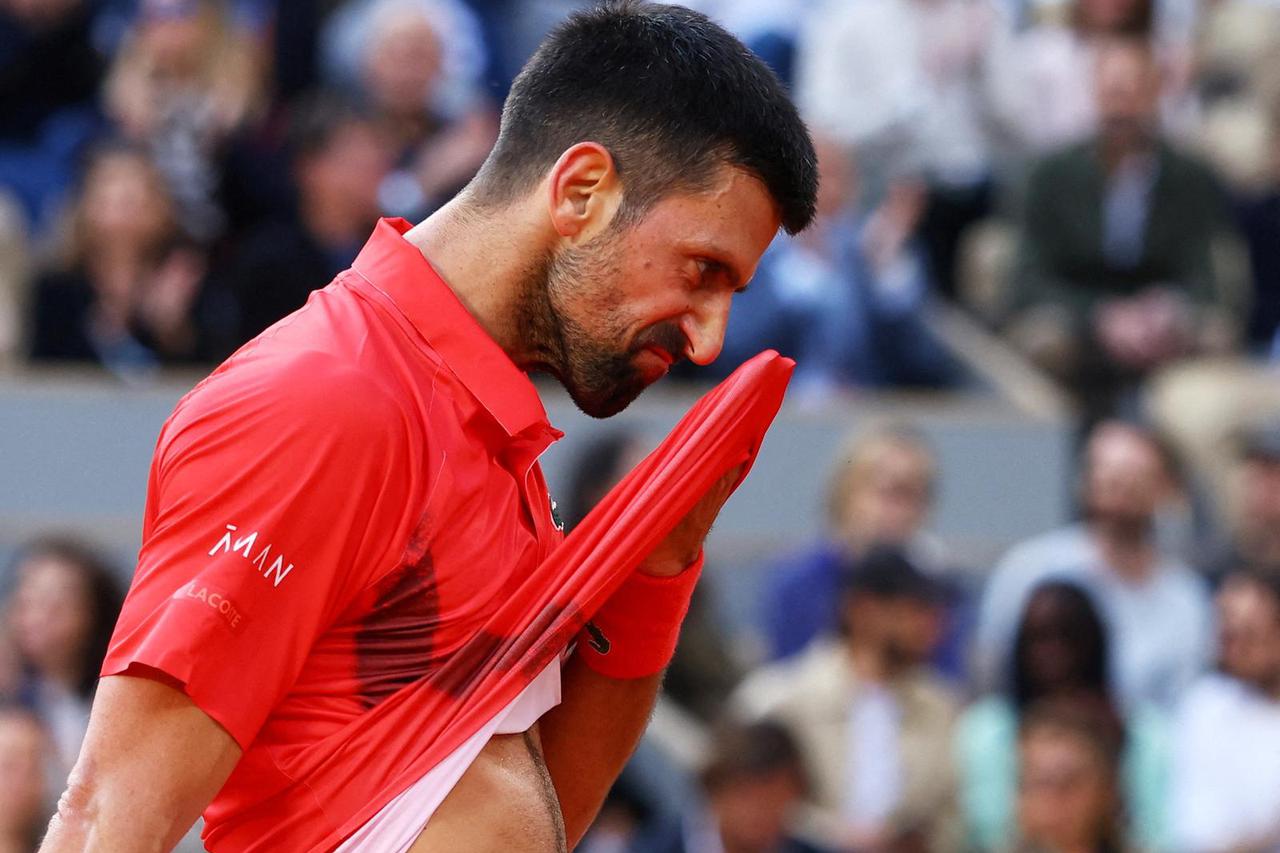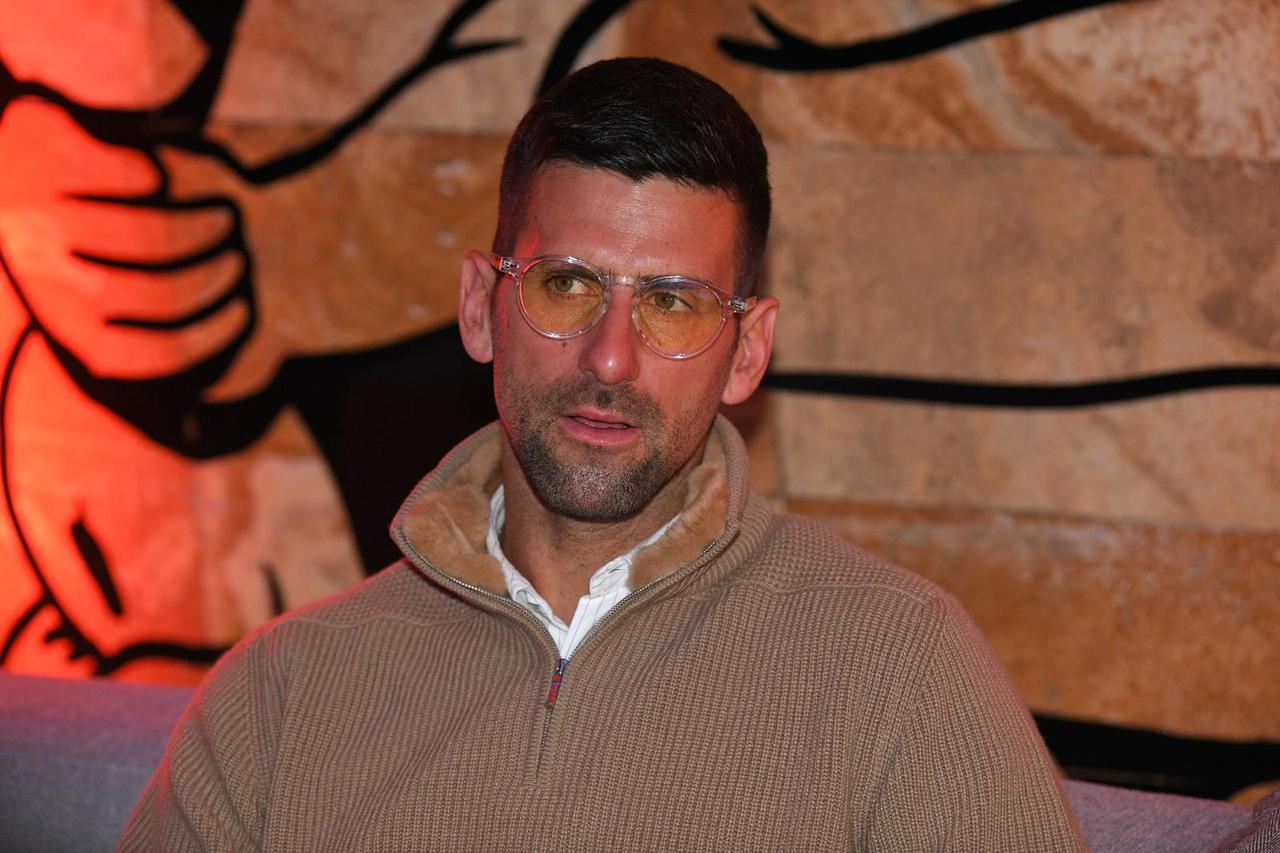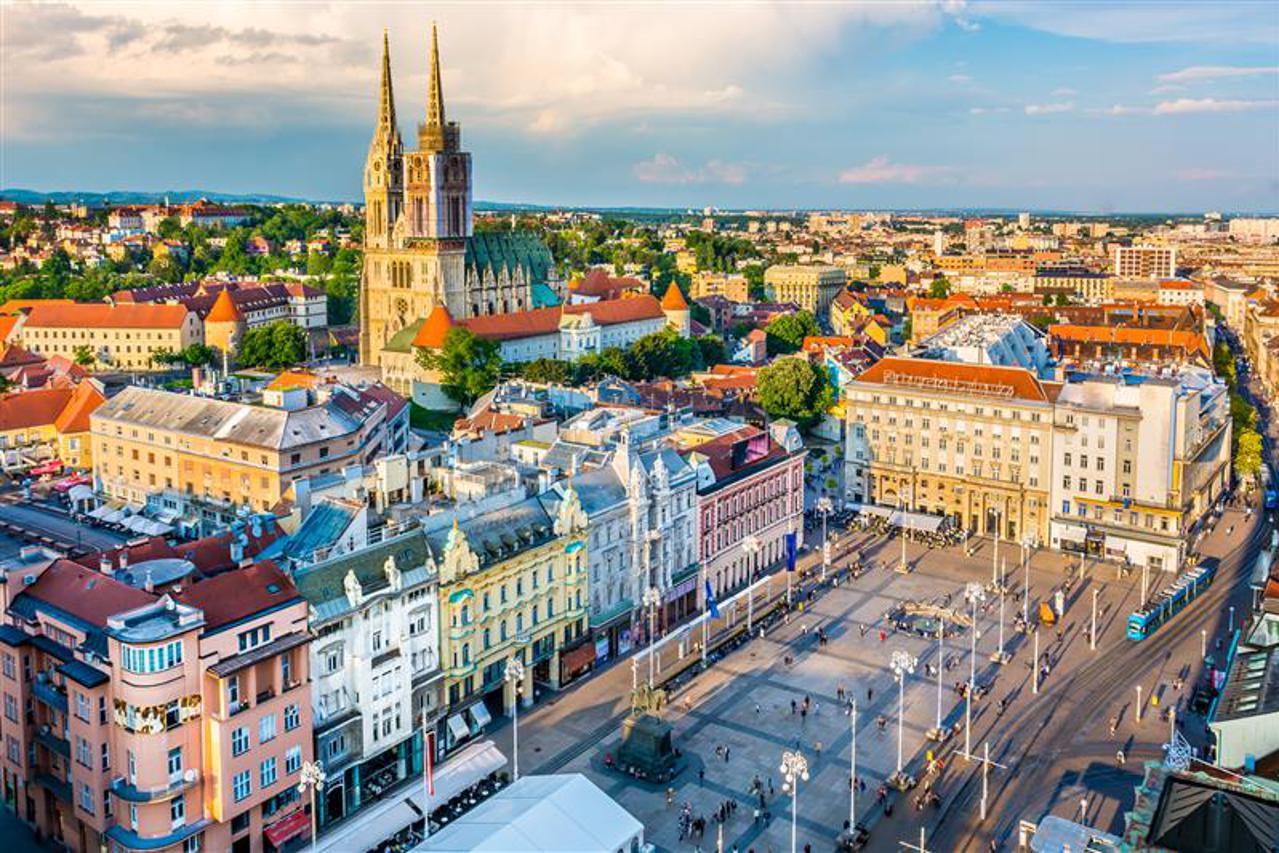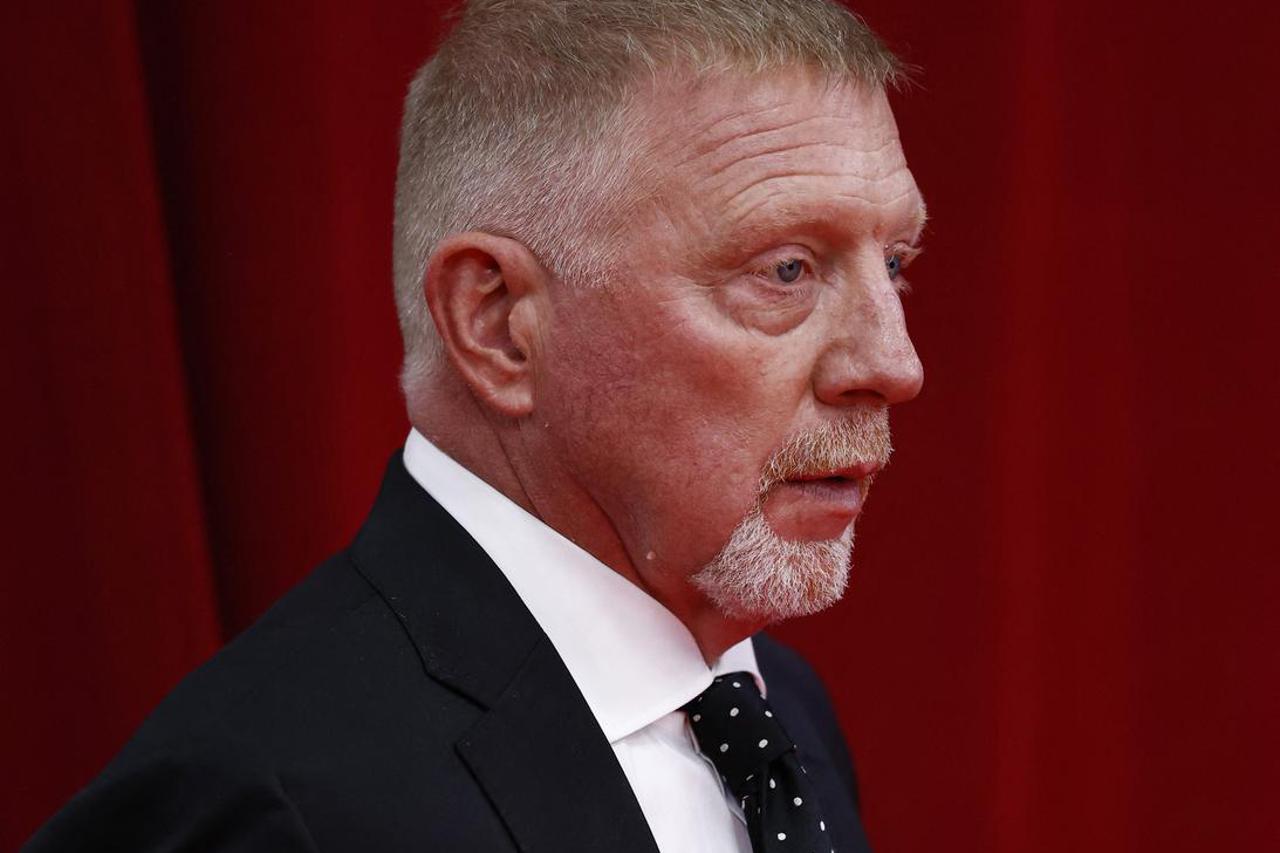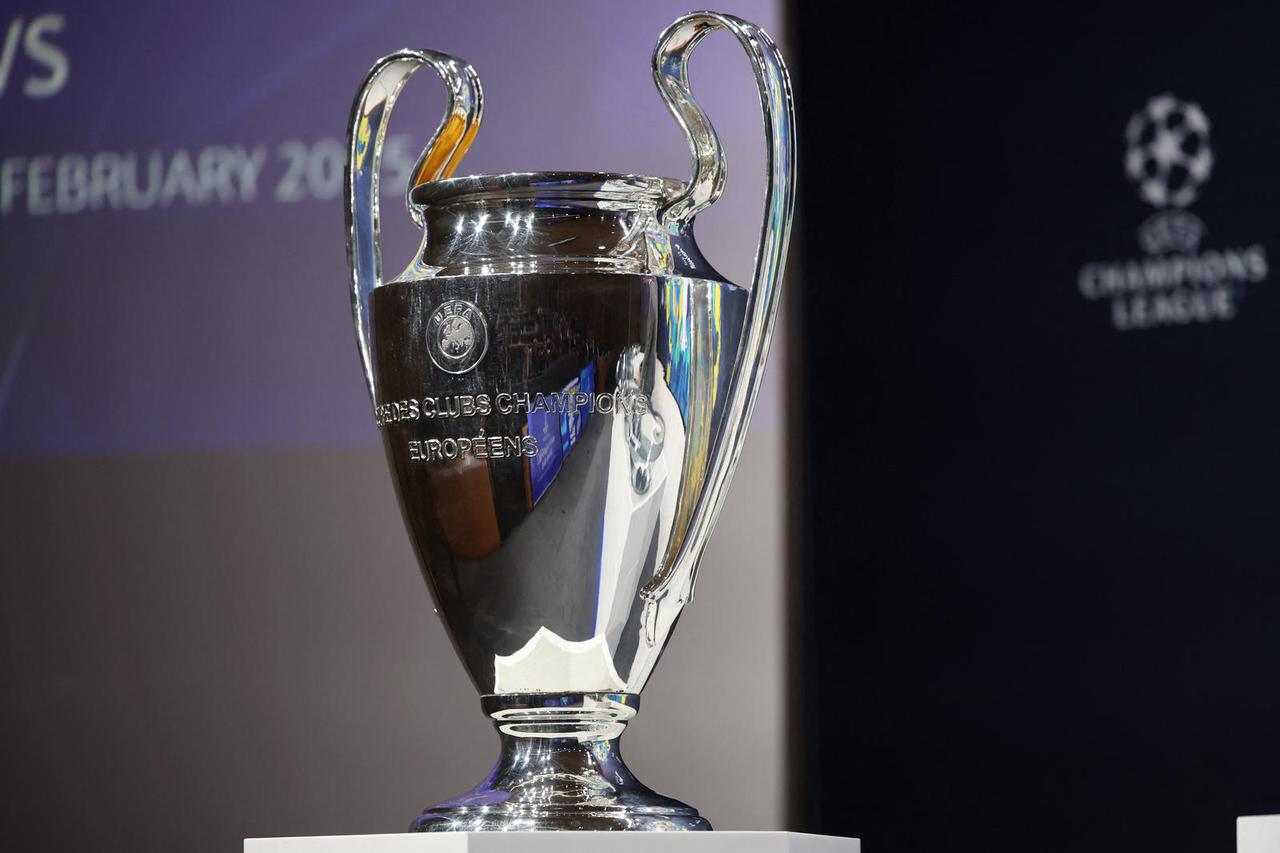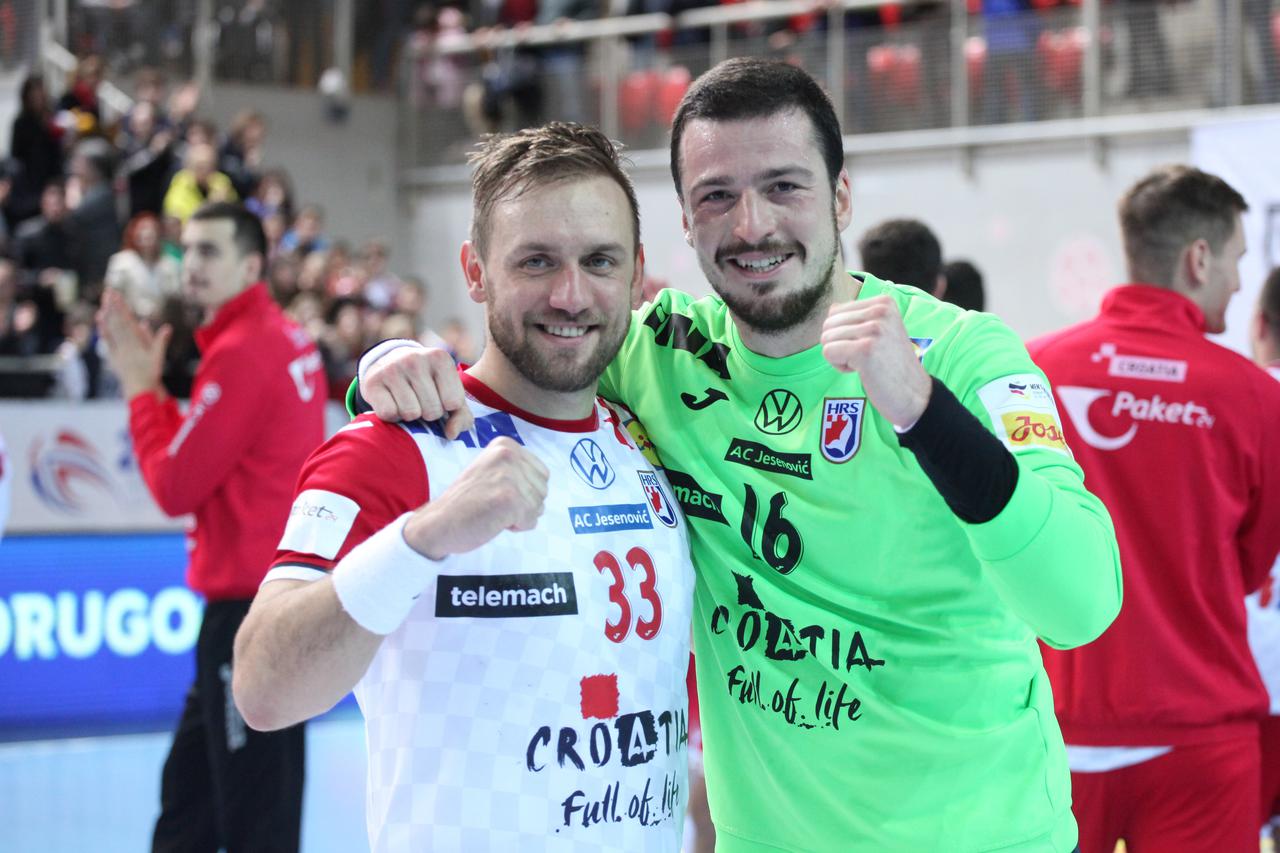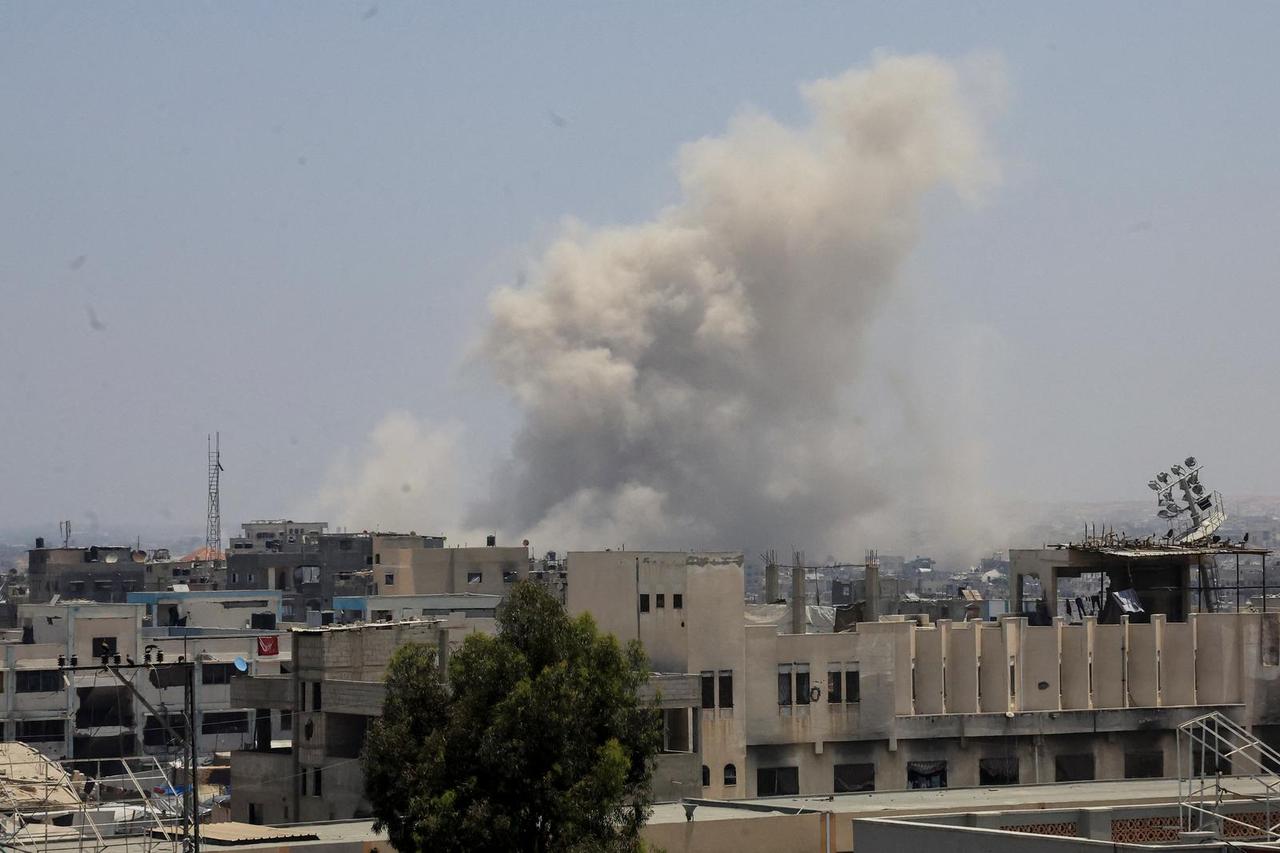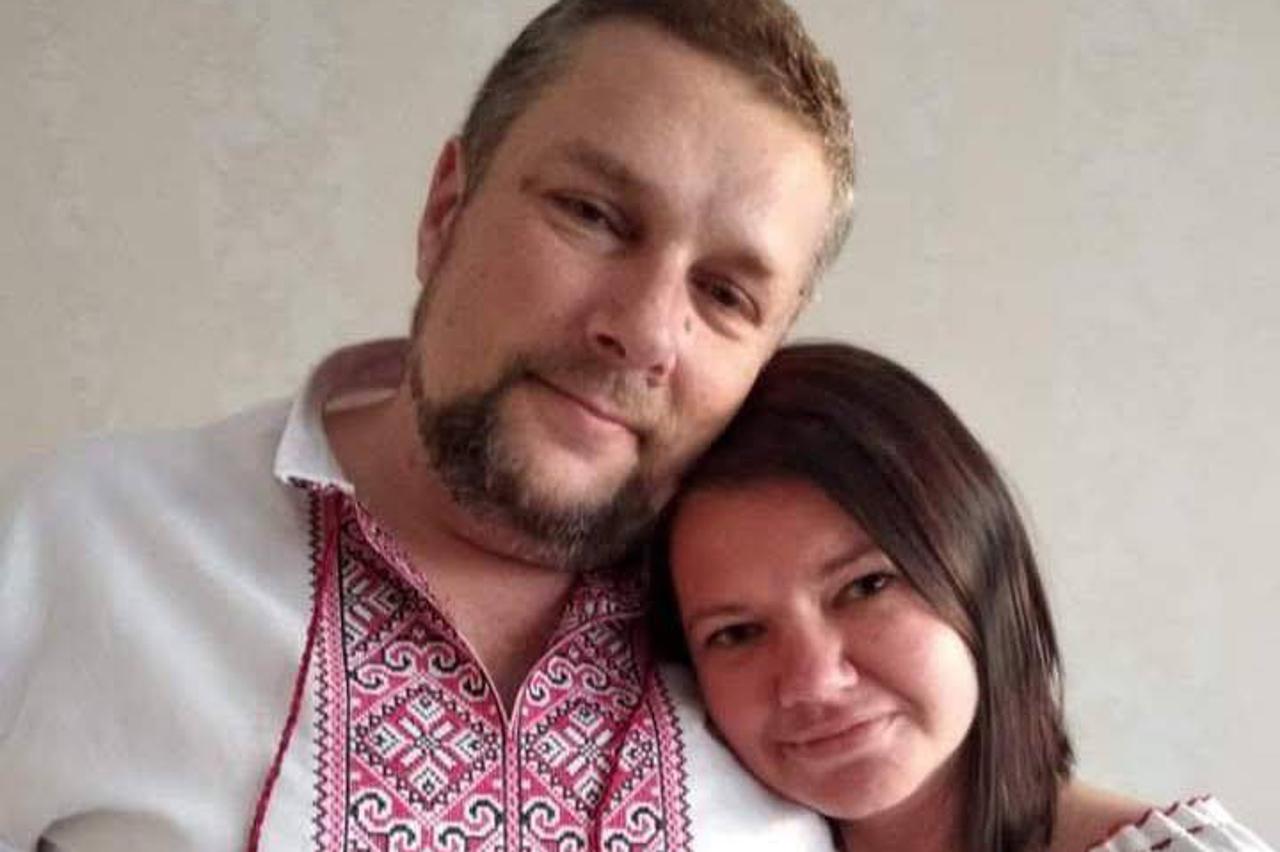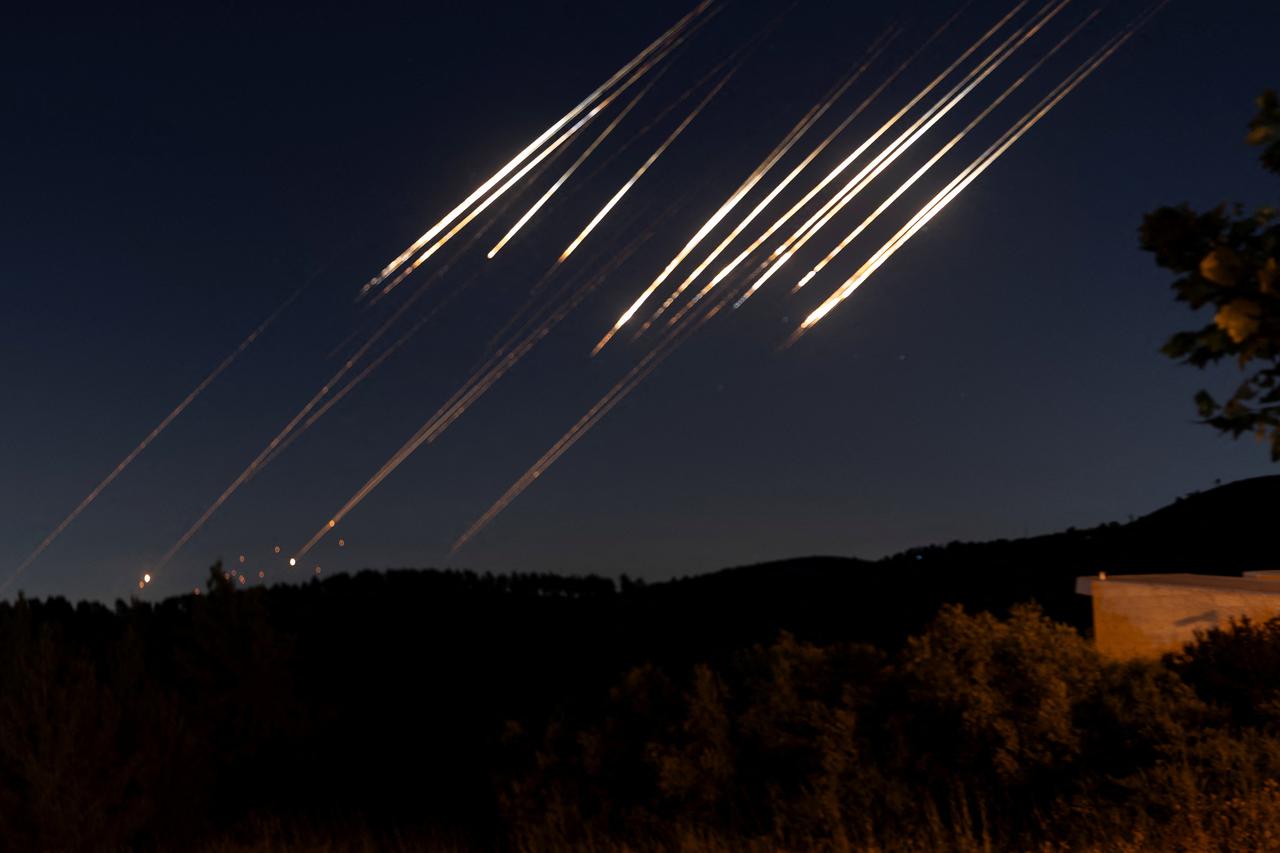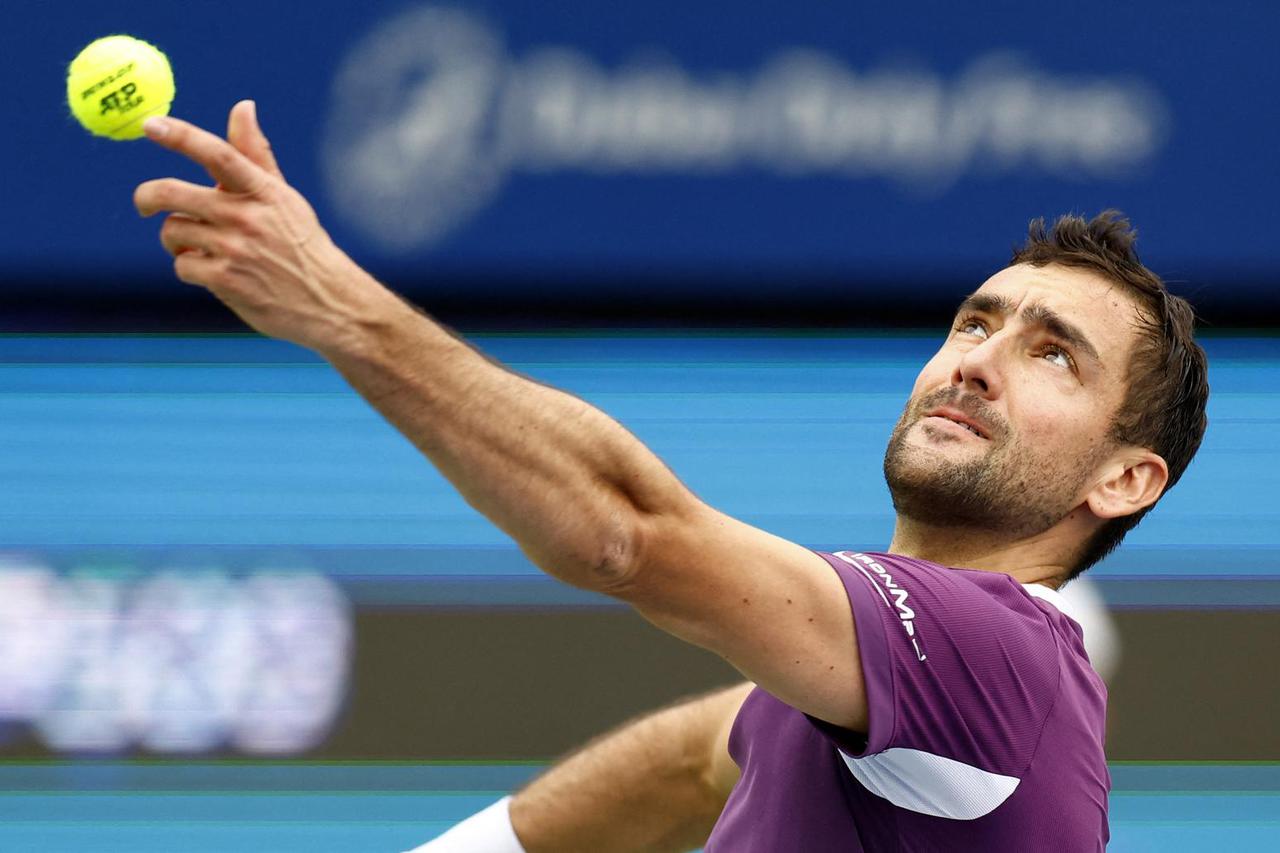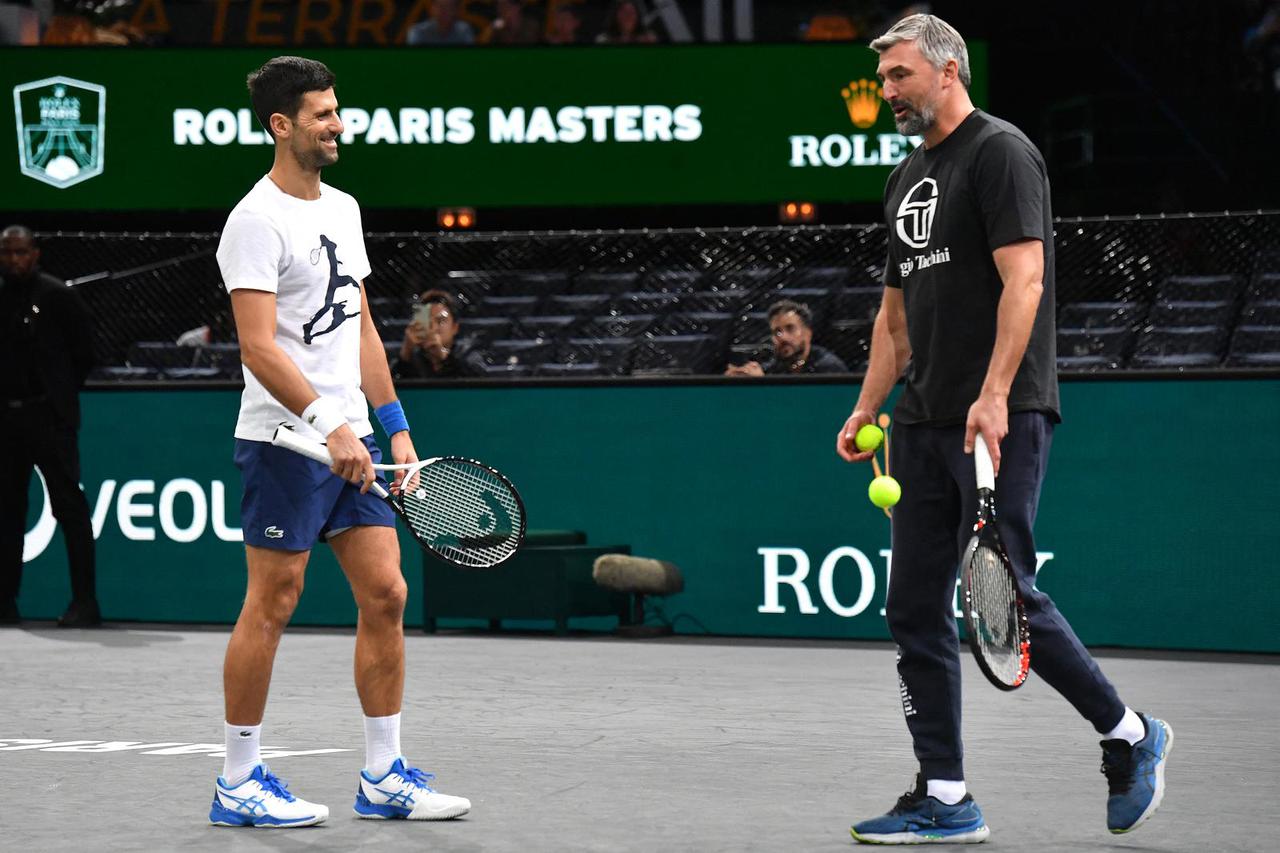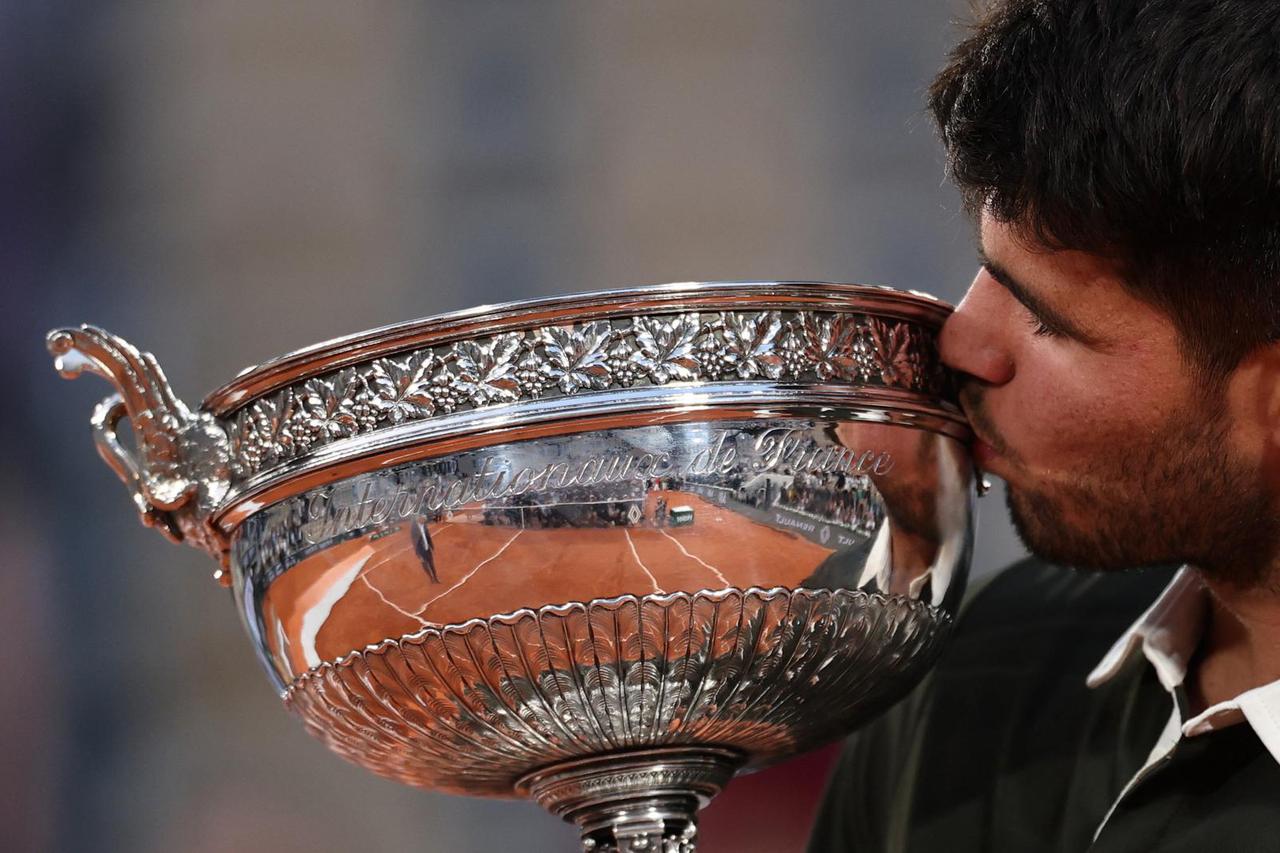The main topic of the article is Novak Djokovic’s family and their specific approaches to raising their children. Jelena Djokovic, the wife of the famous tennis player, emphasizes that their children have never been physically punished, which is a first in their family, and they want to change the approach to violence in upbringing. The family also has an unusual custom of not blowing out birthday cake candles, as they believe the candle symbolizes life and light that should be preserved. Novak Djokovic has also spoken about his desire to have his children baptized in Kosovo, which is emotionally and culturally significant for them. This approach to parenting and family values has sparked various reactions in the public, including criticism from Croatia. The article also mentions Novak’s sports activities and career, but the focus remains on family values and child-rearing.
Political Perspectives:
Left: Left-leaning sources tend to emphasize the progressive and non-violent approach to child-rearing adopted by the Djokovic family, highlighting the rejection of corporal punishment and the symbolic meaning behind not blowing out birthday candles. They may also focus on the cultural and emotional significance of Kosovo in Novak Djokovic’s statements, framing it within a context of identity and heritage.
Center: Centrist sources report the facts about the Djokovic family’s child-rearing practices and Novak’s cultural ties to Kosovo in a neutral tone, presenting the information without strong judgment or emotional language. They may mention the public reactions but focus on balanced reporting of the family’s values and Novak’s career.
Right: Right-leaning sources might emphasize the traditional and cultural aspects of the Djokovic family’s practices, such as the importance of Kosovo as a cultural and religious center for Serbs. They may also highlight Novak Djokovic’s statements about Kosovo and portray the family’s approach as a positive example of preserving cultural identity and values. Some right-leaning commentary might criticize opposing views or reactions from other countries.







